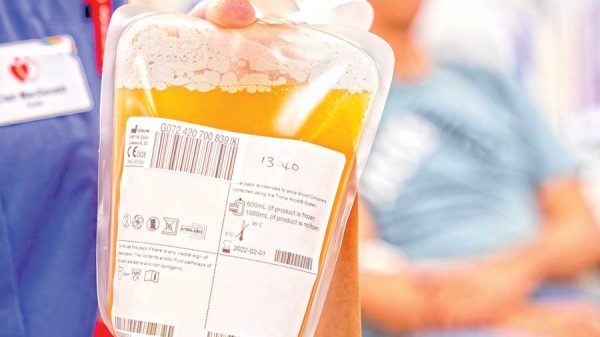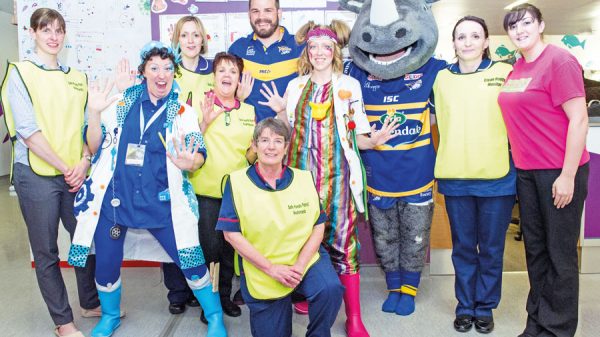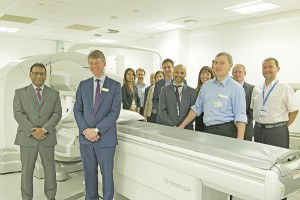Senior health staff from across the country came to Leeds General Infirmary for a major conference on the fight against pressure ulcers in NHS care.
Leeds Teaching Hospitals has been the host site for a £2 million five-year national study funded by the National Institute of Health Research (NIHR). This programme was led by Prof Jane Nixon of the University of Leeds.
Chief nursing officers, patient safety leaders, tissue viability nurses, commissioners and representatives from NHS England were among the audience for a day of presentations and practical lessons.
Research was undertaken in 30 NHS trusts involving 6,735 patients. Alongside Leeds Teaching Hospitals, other collaborators included Leeds Community Healthcare (LCH), Bradford Teaching Hospitals NHS Foundation Trust and University Hospital Birmingham NHS Foundation Trust.
Dr Liz McGinnis, nurse consultant for tissue viability at Leeds Teaching Hospitals, said: “Pressure ulcers are a huge challenge for staff across the NHS and almost all are preventable. They cause distress and pain for patients, slow down recovery and means people have to spend longer in hospital than necessary.
“This nurse-led work has looked in detail at the factors which can lead to pressure ulcers and talking to patients affected to look at how they occurred and what steps would have prevented them,” she added.
“Often these are due to a contribution of factors which combine to cause a problem for an individual patient which could have been prevented by simple steps.
“One of the most powerful parts of the day was when a patient told her story about how she developed a pressure ulcer. She was a younger patient and there was a presumption she was not at risk, and her care was complicated by moves between wards which affected continuity of care as well as being told to lie still during treatment – factors which came together to cause a significant problem.”
The research has led to the development of a risk assessment tool which is now used to assess patients in both hospital and community care in Leeds. It flags up possible danger signals earlier to ensure action is taken such as the use of pressure mattresses and regularly moving patients who have mobility difficulties.
Lessons are now being rolled out across the Leeds Teaching Hospitals, with early work concentrating on the older people’s service at St James’s University Hospital, where early indications look encouraging in terms of a reduction in the number and severity of pressure ulcer instances.
A wide range of staff are being targeted. As well as nurses and allied health professionals, doctors and managers also have an important role to play in keeping patients safe and contribution to a culture of awareness of pressure ulcers and commitment to prevent them.
Lessons from Leeds and other participating trusts are now being shared across the wider NHS too and are expected to have a significant impact in improving patient care nationally.







